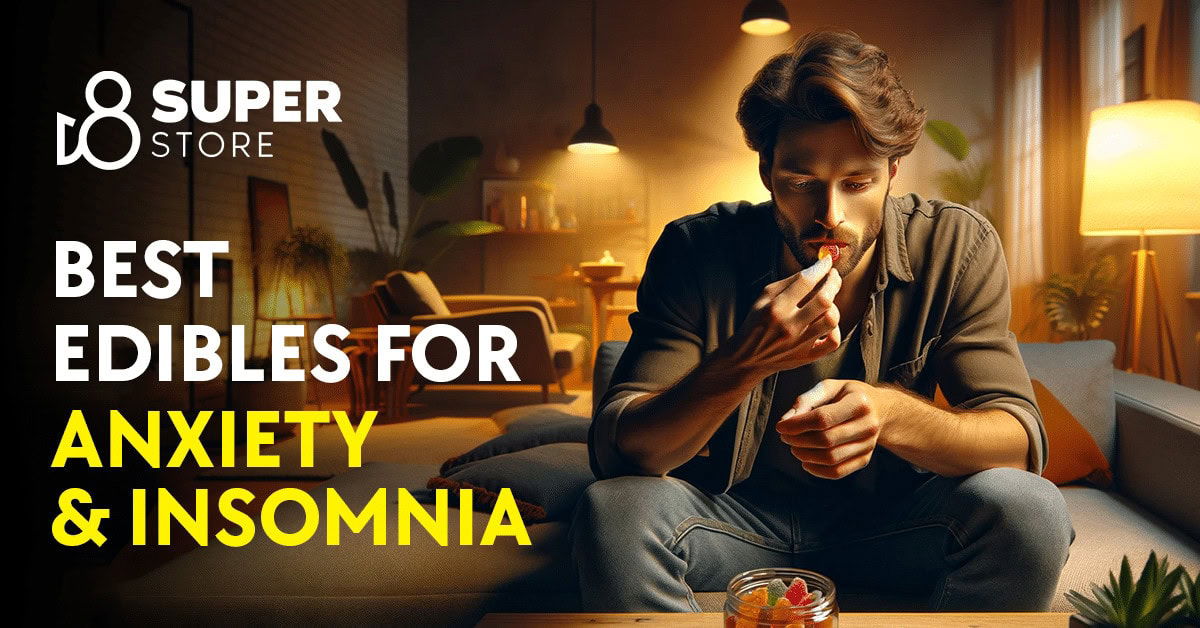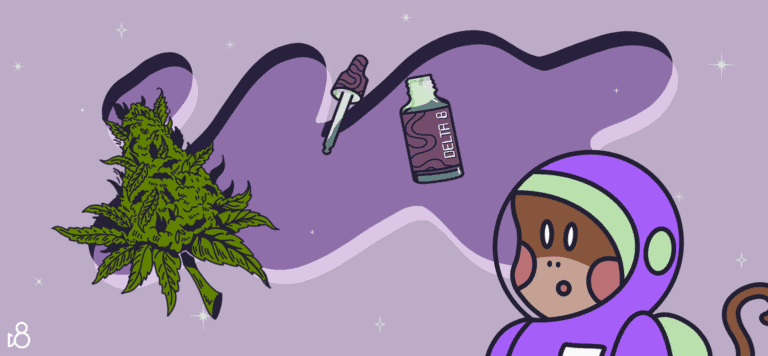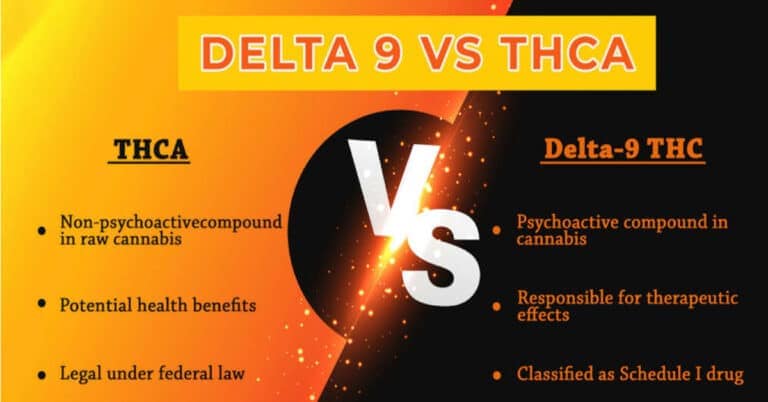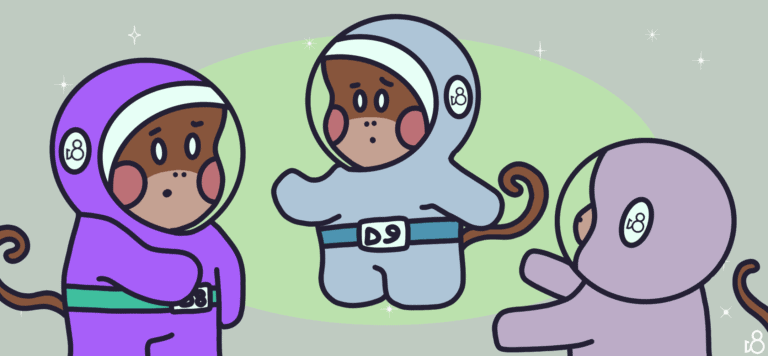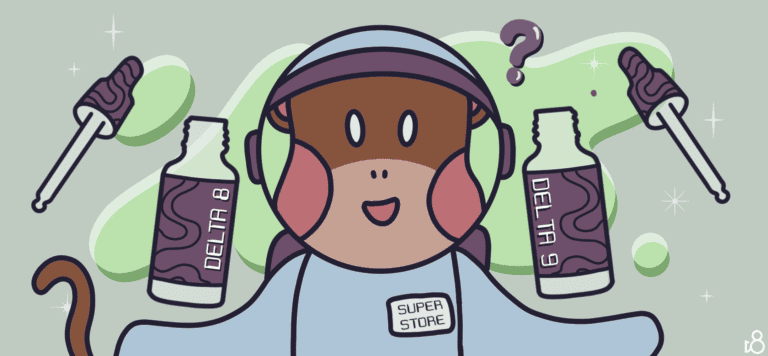Best edibles for anxiety and insomnia
Battling anxiety and lack of sleep can feel like a never-ending night, but countless people are buzzing about a sweet secret weapon: snacks infused with cannabis. These delicious bits, filled with CBD, THC, or both, are skyrocketing in popularity thanks to their soft but powerful touch. Research into cannabis keeps uncovering more about its superpowers, making these snacks appear to have the magic recipe for calming nerves and curing insomnia, plus they’re getting high fives for their ability to ease pain without any catch.
However, it’s pivotal for consumers to understand the difference between various products and their constituents. While THC is known for its psychoactive effects, CBD is often recognized for its potential to alleviate anxiety without causing a ‘high.’ Edibles, which come in many forms such as gummies, chocolates, or baked goods, can offer a controlled dosage and longer-lasting effects in comparison to other forms of consumption.
When considering edibles for health and wellness, personal tolerance, the product’s potency, and quality are considerable factors. It is essential to consult with healthcare professionals and reputable sources to ensure the chosen edibles are suitable for individual health needs and that they align with the best practices for use. Consumers are encouraged to seek edibles that meet high quality and safety standards to ensure the maximum benefit and minimal risk.
Understanding Anxiety and Insomnia

In tackling anxiety and insomnia, it is essential to understand their symptoms, causes, and how treatments like cannabis may offer relief along with the importance of lifestyle and sleep hygiene.
Symptoms and Causes of Anxiety
Anxiety is marked by feelings of worry, unease, and fear that can be both physically and psychologically distressing. Stress, chronic pain, and mood fluctuations often worsen these symptoms. It is caused by a variety of factors including genetic predisposition, environmental stressors, and sometimes underlying health conditions like PTSD.
Understanding Insomnia and Its Impact
Insomnia is a sleep disorder characterized by difficulty falling and/or staying asleep. Chronic insomnia may lead to REM sleep disturbances and daytime drowsiness. The impact of insomnia goes beyond the night, affecting mood and performance during the day.
The Connection Between Anxiety, Insomnia, and Cannabis
Evidence suggests cannabis may influence sleep by interacting with the endocannabinoid system. Cannabinoids such as CBD and THC show potential in some individuals for easing anxiety and promoting sleep, although responses can be individual.
Debunking Common Myths
It’s crucial to dispel myths, such as the belief that all forms of cannabis induce sleep or that THC-rich products automatically alleviate anxiety. Effects vary, and what may aid sleep in one person could exacerbate anxiety in another.
Lifestyle Factors Contributing to Anxiety and Insomnia
Factors like a lack of exercise, consumption of alcohol and caffeine, and stress from relationships with friends and family can significantly impact anxiety and sleep quality. Addressing these may improve symptoms without medical intervention.
Mental Health Considerations
Anxiety and insomnia often co-occur with mental health issues. An integrative approach considering the individual’s mental health status is vital for effective management of both conditions.
Sleep Hygiene Tips
Good sleep hygiene, such as consistent timing, avoiding blue light before bed, and creating a restful environment, can be beneficial. These practices promote deep sleep and help mitigate sleep issues.
Current Treatments for Anxiety and Insomnia
Typical treatments range from medication to cognitive-behavioral therapy. Prescriptions may include sleep aids or anti-anxiety drugs, while therapy aims to address the underlying causes of distress.
The Role of Healthcare Professionals
Doctors play a crucial role in diagnosing and treating anxiety and insomnia. They can offer tailored advice on both conventional and alternative medicine and monitor for side effects or interactions between treatments.
Cannabis as a Complementary Therapy
Medical marijuana and derived products like CBD oil are increasingly considered as complementary therapies. Healthcare providers weigh the benefits and risks, often in cases where traditional treatments have been insufficient.
Cannabis and Cannabinoids
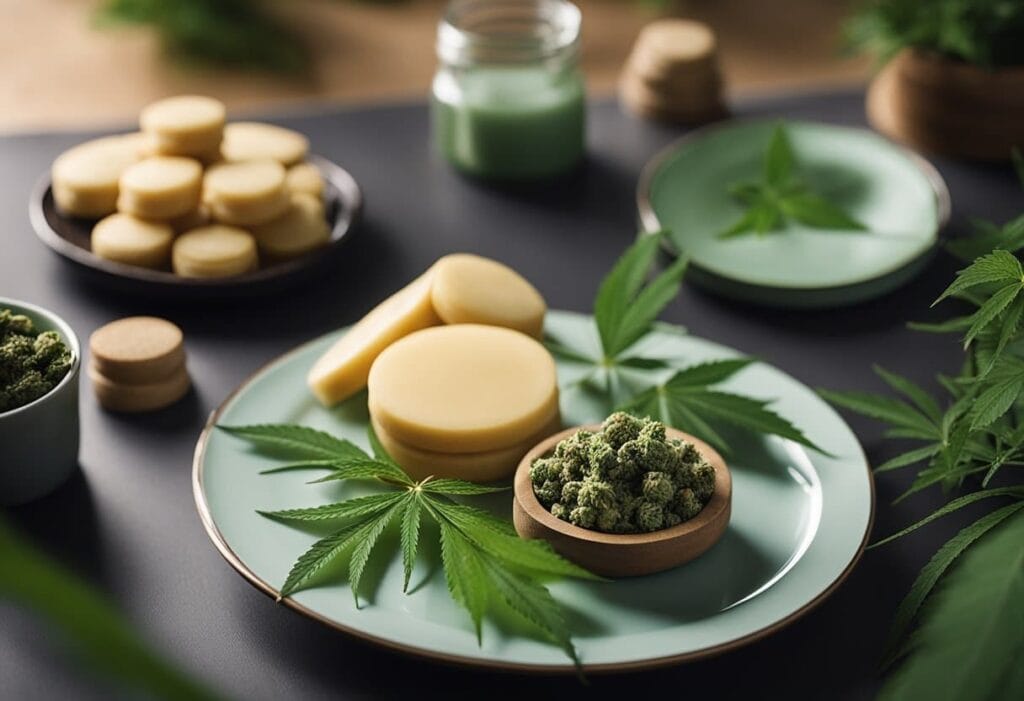
Cannabis edibles have become a popular option for those seeking relief from anxiety and insomnia, utilizing the effects of various cannabinoids and terpenes. Edibles offer a discrete and easy method to consume cannabis, with different strains and components providing specific therapeutic benefits.
Cannabinoids Explained
Cannabinoids are active compounds found in cannabis plants. Over 100 cannabinoids have been identified, with THC (tetrahydrocannabinol) and CBD (cannabidiol) being the most prominent. These compounds interact with the body’s endocannabinoid system, potentially offering relief from anxiety and sleep disturbances.
The Entourage Effect of Cannabis
The entourage effect suggests that cannabinoids and terpenes work together synergistically to enhance the overall effects of cannabis. Full-spectrum products include a variety of these compounds and are believed to offer a more comprehensive therapeutic profile.
Indica vs. Sativa vs. Hybrid Strains
Cannabis strains are broadly categorized into Indica, Sativa, and Hybrids. Indica strains are often associated with relaxation and sleepiness, making them suitable for night-time use. Sativa strains may promote focus and mood elevation, while hybrids offer a balance of effects from both categories.
Terpenes and Their Effects
Terpenes are fragrant oils in cannabis that influence its flavor and effects. For example, myrcene is a terpene often found in lavender and is known for its relaxing attributes, contributing to a strain’s ability to alleviate anxiety and promote tranquility.
CBD: A Non-Psychoactive Option
CBD is a non-psychoactive cannabinoid touted for its potential to alleviate anxiety without inducing a “high.” It’s an all-natural option for those seeking muscle relaxation and pain relief without the psychoactive effects of THC.
THC and Its Sedative Properties
THC is known for its sedating and sleep-inducing properties, especially at higher doses. Particular strains high in THC may help in reducing the time it takes to fall asleep and mitigate conditions like nightmares.
The Significance of CBN for Sleep
CBN (cannabinol) is a cannabinoid with anti-insomnia properties. Although less researched, it’s believed to contribute to the sedative effects of cannabis, potentially promoting deep sleep.
Differentiating CBD and THC Effects
Comparing CBD and THC, THC predominantly offers psychoactive effects leading to relaxation and sedation, whereas CBD primarily provides non-psychoactive benefits like reducing pain and anxiety, without inducing a high.
Cannabis and the Endocannabinoid System
Cannabis influences the endocannabinoid system, which plays a crucial role in maintaining homeostasis within the body. It interacts with receptors to effect change in functions like sleep, mood, and pain, making cannabinoids a key focus in managing anxiety and insomnia.
Metabolism of Edibles in the Liver
When consuming edibles, THC is metabolized in the liver into 11-hydroxy-THC, a potent compound that can produce a stronger and longer-lasting effect compared to other methods of consumption, which may also impact the duration and quality of sleep.
Selecting the Right Edibles for Anxiety and Insomnia
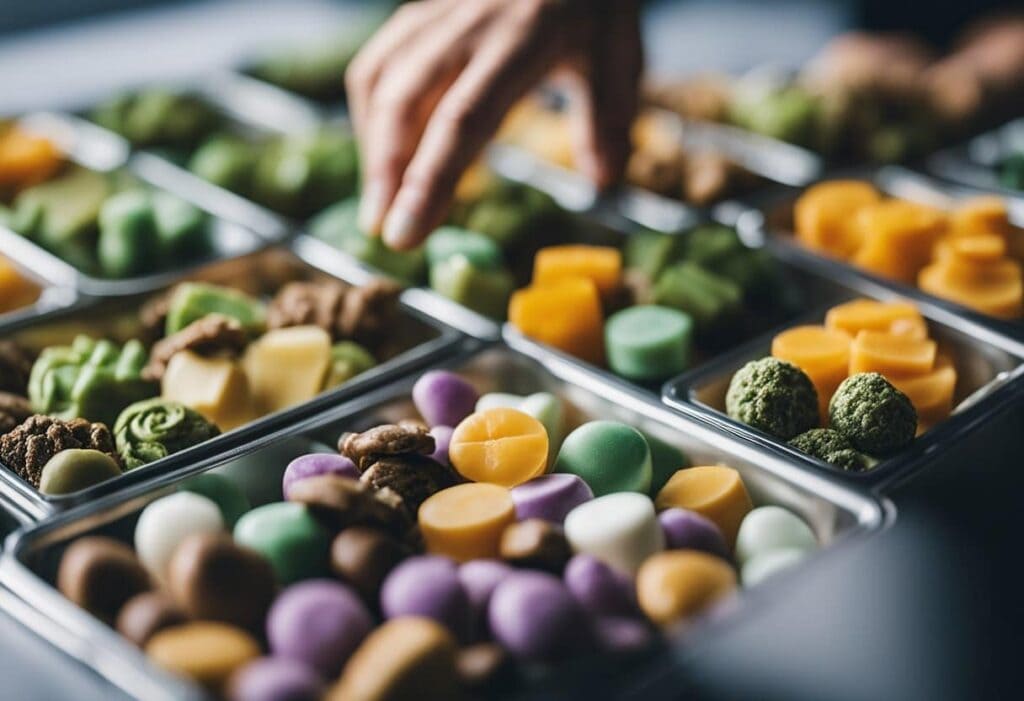
When seeking relief from anxiety and insomnia, choosing the appropriate type of edible is crucial. The form, dosage, specific strain properties, timing of consumption, and potential side effects all play significant roles in the efficacy of edibles as a treatment option.
Assessing Different Edible Types
Edibles come in various forms, including gummies, chocolates, tinctures, and oils. Gummies and chocolates offer convenience and discrete usage, while tinctures and oils allow for precise dosing.
Importance of Dosage and Tolerance
Starting with a low dosage is critical, especially for those new to edibles, as the liver metabolizes THC differently from smoking. Tolerance varies based on individual sensitivity and previous exposure. It’s essential to incrementally adjust the dosage to find a therapeutic level that alleviates anxiety and insomnia without unwanted effects.
Strain-Specific Edibles and Their Benefits
Strain-specific edibles incorporate indica, sativa, or hybrids, each containing unique terpenes that contribute to their effects. Indica strains are often preferred for sleep due to their relaxing properties, while sativa can sometimes exacerbate anxiety.
Timing and Consumption for Optimal Effects
Edibles for sleep should be taken at an appropriate time before bed, generally 1 to 2 hours prior, to allow them to take effect. The onset time can vary based on the edible type and individual liver metabolism.
Addressing Potential Side Effects
Possible side effects of edibles can include dry mouth, increased anxiety, or an uncomfortable level of psychoactive effects. It is important to stay well-hydrated and to start with a low dose to minimize these risks.
Exploring Vegan and All-Natural Options
For those with dietary restrictions or preferences, there are vegan and all-natural options that avoid animal byproducts and synthetic ingredients. Organic selections may appeal to health-conscious consumers looking for a purer product.
Lifestyle Considerations and Complementary Practices
In managing anxiety and insomnia, certain lifestyle changes can be as vital as medication. They not only enhance the effectiveness of treatments but also contribute significantly to overall well-being. These changes encompass creating a conducive sleep environment, regular physical activity, diet, relaxation techniques, natural supplements, and social support.
Creating a Conducive Sleep Environment
Good sleep hygiene is fundamental for alleviating insomnia. A tranquil bedroom free from noise and light pollution invites relaxation and sleep. Investing in comfortable bedding and maintaining a cool, dark room can significantly improve the quality of sleep.
The Role of Exercise in Managing Anxiety and Insomnia
Regular exercise contributes to both mood regulation and better sleep. Engaging in moderate physical activities like walking or yoga, especially in the morning or afternoon, can help promote a more restful night’s sleep by decreasing stress and anxiety levels.
Dietary Factors Affecting Sleep
Diet plays a critical role in sleep patterns. Intake of heavy meals, caffeine, or alcohol close to bedtime can disrupt sleep, while foods rich in magnesium or melatonin might promote sleep. Chamomile tea is a beverage that has been traditionally associated with inducing tranquility and sleep.
- Recommended beverages for relaxation before bed:
- Chamomile tea: known for its mild sedative properties
- Warm milk: often associated with sleep-inducing effects
Incorporating Relaxation Techniques
Meditation, deep breathing exercises and relaxation practices can reduce anxiety and pave the way for restful sleep. These techniques help calm the mind and prepare the body for sleep by promoting tranquility.
Natural Supplements and Herbs for Sleep
Some natural supplements like melatonin and valerian root are known to aid sleep. Lavender and valerian have been used for their relaxing properties. However, it is crucial to consult with a healthcare provider before using these supplements, as they can interact with medications.
- Commonly used natural supplements and herbs for sleep:
- Melatonin: A hormone that regulates the sleep-wake cycle
- Valerian Root: An herb that may improve sleep quality
- Chamomile: A gentle relaxant that is also used as a tea
- Lavender: An herb often used in aromatherapy for its calming effects
The Importance of Social Support
Social support from friends and family is an essential element in managing anxiety and insomnia. Strong social connections can provide emotional support and reduce stress, which in turn can improve sleep quality and mood. Sharing and dialogue within a trusted social circle can be a powerful tool for relaxation.
Legal and Safety Considerations
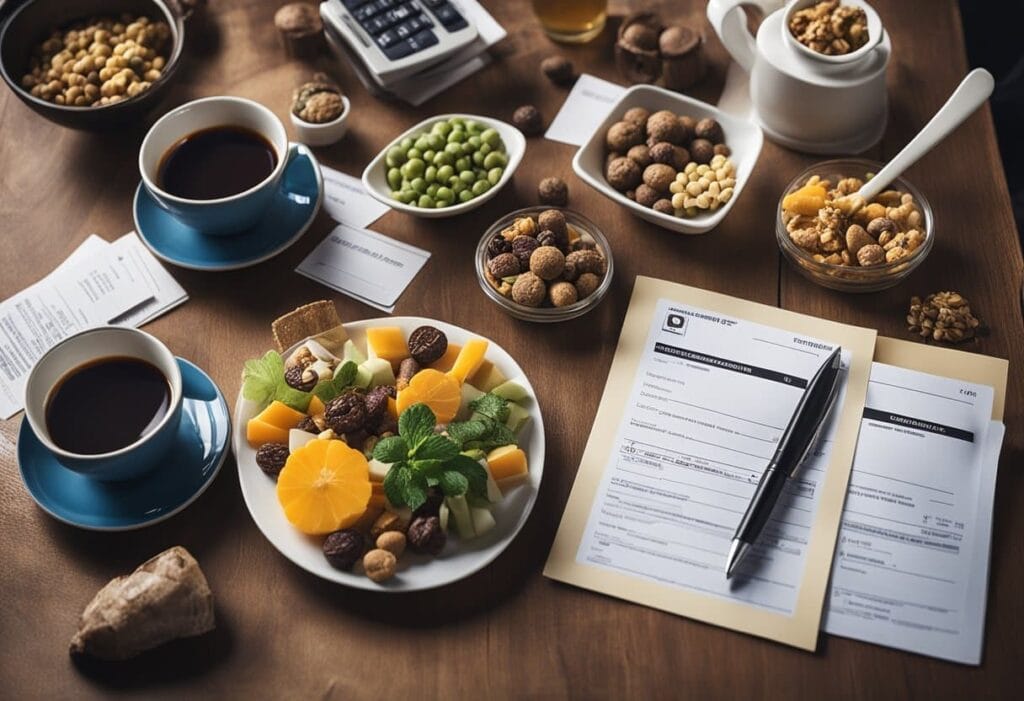
When seeking the best edibles for anxiety and insomnia, it is crucial to navigate the complex legal landscape, ensure product safety and quality, practice safe consumption, and consider the implications for specific populations.
Understanding Cannabis Laws and Regulations
The legality of cannabis, including edibles, varies significantly across different jurisdictions. In places where medical marijuana is legal, age restrictions apply, and consumers must often have a prescription. It is vital to understand local laws and regulations to comply with legal requirements. Labeling and purity standards may also differ, influencing product safety and responsibility in use.
Product Safety and Quality Control
Safety and quality control are paramount in the production of edibles for anxiety and insomnia. Consumers should seek products that have undergone rigorous testing for purity and potency. Accurate labeling of ingredients and dosage information is essential to prevent adverse effects and ensure safe consumption.
Safe Consumption Practices
Consuming edibles responsibly involves adhering to recommended dosages and being aware of the delayed onset of effects compared to other forms of consumption. It is advisable to start with a low dose, especially for those new to cannabis use, and to understand the potential risks, such as impaired coordination or drowsiness.
Cannabis Use among Specific Populations
Certain populations, including women, particularly those who are pregnant or breastfeeding, should exercise caution or avoid cannabis consumption. Medical marijuana may have different implications for adolescents or people with certain health conditions, underscoring the importance of responsible use and the necessity for professional medical advice.
The Future of Cannabis for Anxiety and Insomnia

Recent advancements are paving the way for more effective use of cannabis in treating anxiety and insomnia. Innovations in both research and development are helping to better understand and utilize the potential benefits of cannabis-related components like THC and CBD.
Emerging Research and Developments
Clinical trials are at the heart of understanding how different cannabinoids, such as CBD and THC, can be utilized for the treatment of health issues like anxiety and insomnia. These trials shed light on dosage requirements, efficacy, and safety profiles of various cannabis-based edibles. For instance, research exploring the time to onset for different delivery methods is providing valuable insights into how quickly patients can expect relief from their symptoms.
Innovations in Edible Products
Edibles are an area of significant innovation. Unlike the traditional smoke inhalation method, edibles provide a smoke-free alternative, often preferred for their discretion and ease of use. There’s a growing variety of products, from gummies to chocolates, tailored to offer pain relief and reduce inflammation. Moreover, manufacturers are focussing on precise THC/CBD ratios in edibles to better cater to individual medical needs without the psychoactive effects that can exacerbate anxiety in some patients.
The Expanding Role of Cannabis in Medicine
Cannabis is increasingly being recognized in the medical community for its potential benefits. As medical marijuana becomes more mainstream, its role in offering relief for chronic pain, anxiety, and sleeplessness is expanding. Regulatory frameworks are evolving to safeguard patients, while also allowing more access to cannabis for therapeutic purposes. The growing acceptance of cannabis in medicine is a promising sign for individuals seeking alternative treatments for anxiety and insomnia.
Frequently Asked Questions
When considering the best edibles for anxiety and insomnia, it’s essential to understand the types of cannabinoids involved, the most suitable strains, recommended dosages, and onset times of effects.
What types of cannabinoids are recommended for managing anxiety symptoms?
For anxiety management, CBD is often recommended due to its non-psychoactive properties, while THC should be used cautiously as it can sometimes exacerbate anxiety at higher doses. Research points to CBD as a prevalent choice for its stress-relieving and relaxational benefits.
Which is more suitable for sleep disorders: sativa or indica-infused edibles?
Indica-infused edibles are generally considered more suitable for sleep disorders due to their relaxing and sedative effects, while sativa strains may promote alertness and could potentially hinder sleep.
What dosage of THC or CBD is typically effective for calming anxiety?
Typical effective dosages can vary widely among individuals, but for THC, microdoses to moderate dosages (around 5-10 mg) are often used to calm anxiety. CBD dosages might be higher, as it does not induce psychoactive effects.
For a novice user, what is the safe starting dose of cannabis edibles?
Novice users should start with a low dose of cannabis edibles, typically around 2.5-5 mg of THC, to avoid unwanted side effects and to gauge their tolerance.
Are there any specific edible cannabis brands or products known for aiding with insomnia?
While many brands offer products geared towards sleep, it’s crucial to look for edibles containing cannabinoids like CBN, which may have sedative properties, in addition to CBD and THC.
How long does it typically take for edibles to start working in reducing anxiety and promoting sleep?
Edibles can take anywhere from 30 minutes to 2 hours to take effect, with factors such as individual metabolism and the contents of one’s stomach influencing onset time. Patience is key, as edibles take longer to start working compared to other forms of consumption.

